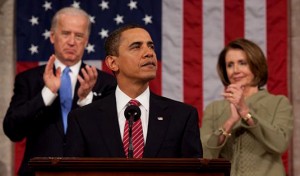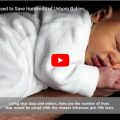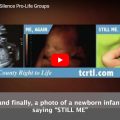 The IRS is proposing new regulations giving themselves more authority to restrict nonprofit groups.
The IRS is proposing new regulations giving themselves more authority to restrict nonprofit groups.
For the first time, the IRS wants to define “candidate-related political activity” to include projects such as voter guides, legislative scorecards or reporting voting records of elected officials, get-out-the-vote campaigns, promotion of voter registration, or even mentioning the names of candidates who are running for office. Any “candidate-related political activity” could jeopardize a group’s nonprofit status.
These new proposed rules are significant, because they affect organizations’ ability to engage in issue advocacy and basic political speech.
Many believe these rules are not only an attempt to silence, but to shut down conservative organizations like Family Council Action Committee, American Family Association, Family Research Council, Concerned Women for America, and the Tea Party movement.
American Family Association General Counsel Patrick Vaughn has said, “The proposed regulations are consistent with the IRS’ scandalous suppression of Tea Party applications for tax exemption. The IRS seems to have decided that it may have to process Tea Party applications, but it can render the organizations impotent.”
If enacted, the new regulations will include political speech about judicial and executive branch appointees as well as candidates for elected office under banned political activity. Keeping information about candidates or issues on a website would also be banned.
These proposed rules could eventually filter down to churches and other nonprofit organizations, essentially silencing conservatives and Christians from exercising their rights and freedom to speak.
Mr. Vaughn’s summary of the proposed regulations can be found here.
The government is currently taking comments on the proposed rules. The deadline to comment is February 27. Addresses are found at the link above.
You are encouraged to call your U.S. Representative and urge him to defend the right of nonprofit organizations to continue to educate citizens through voter registration drives, non-partisan voter guides, legislative records, debates, candidate forums, and get-out-the-vote reminders.



